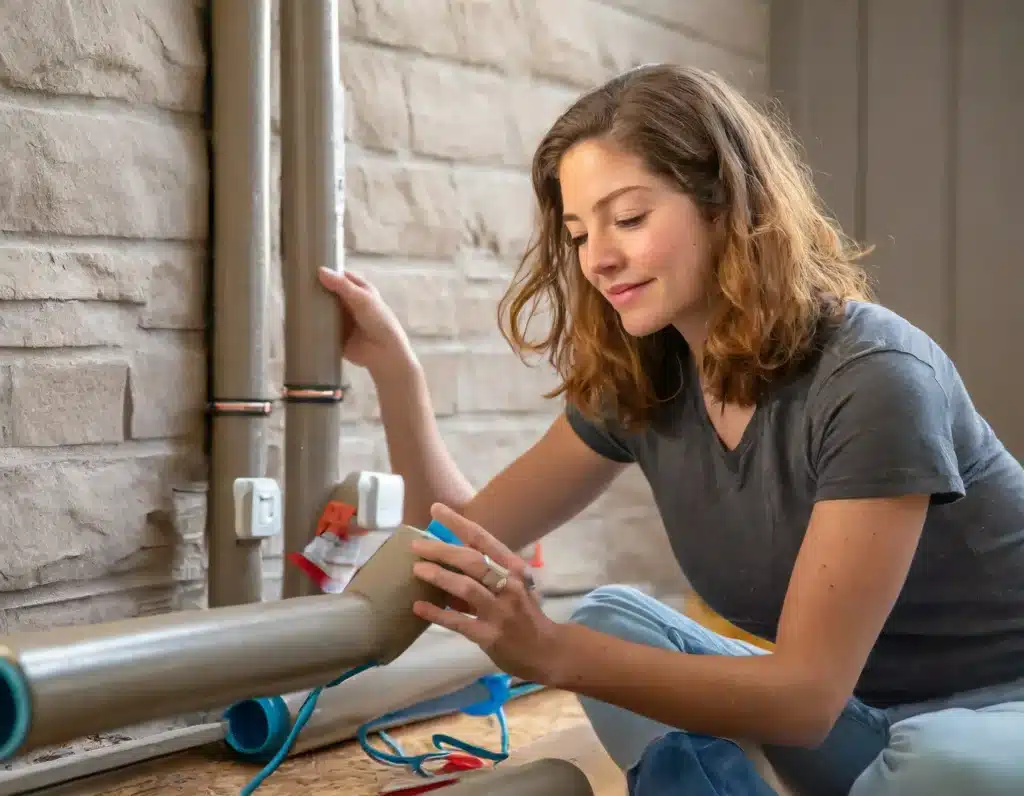Becoming a Plumber or Electrician
Plumbing and electrical trades often go hand-in-hand. Plumbing systems need to be carefully planned to prevent conflicts with other trades. Proper planning also avoids surplus supplies and expensive rework. The scope of plumbing services for residential and commercial buildings generally consists of mains pressure potable water, heated water, wastewater, stormwater, and natural gas. Commercial plumbing systems can handle many more users, such as solids transfer and hydroponics.
While it is ideal to have a technician come out on the same day, plumbing and electrical emergencies can strike at any time of the day or night. Hence, hiring a company that offers 24-hour services is highly recommended. Such companies employ state-certified and licensed technicians. These individuals are thoroughly screened and drug-tested. Their background and drug-test results establish their trustworthiness. In addition, licensed technicians are fully trained to handle both basic and complex electrical problems.
Besides having a high school diploma, you must complete an apprenticeship or trade school course in your area. You should research the requirements for an electrical license as they vary from state to state. A guide to becoming an electrician or plumber can be found at the U.S. Bureau of Labor Statistics. You will need to obtain a plumber’s license in your state before you can begin work. If your state requires it, you can also pursue a plumbing career by pursuing your engineering degree.
When you are planning to repair your home yourself, make sure that you follow all the necessary city building codes and electrical regulations. Plumbing and electrical codes are largely similar, and you should seek advice from a professional to avoid making costly mistakes. The following tips will help you get started. The first step in home repair is checking the building codes and permits. In most cases, you don’t have to be an expert to perform these tasks, but you should still consult an expert.
To become a plumber or electrician, you need to have a solid background in mathematics and physics. Electrical laws and codes require that electricians have a solid knowledge of electrical theory. A solid understanding of health and safety in the workplace is another must. Plumbing and electrical jobs are highly technical, so it is important to learn about the materials and methods involved in them. You must also have an understanding of how water drains and how to install them.
The installation of plumbing and electrical components can be completed simultaneously. Plumbing, for example, is easier to run than electrical wiring. Plumbing waste and sewer pipes need to be installed in precise locations at precise levels, and ducting for air-conditioning systems is usually premade and flexible. Ducting for electrical wiring is installed around larger pipes and materials. This helps the electrical contractors work around them without causing any problems. If plumbing and electrical contractors are working together, they will not run into problems.




